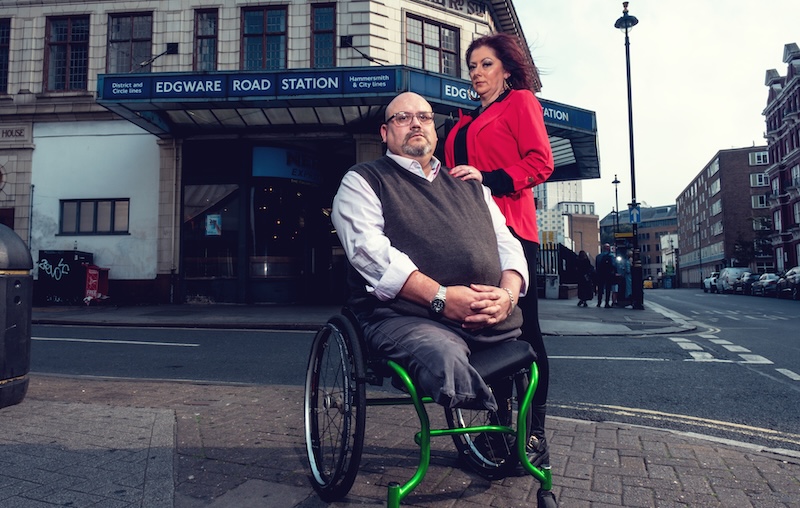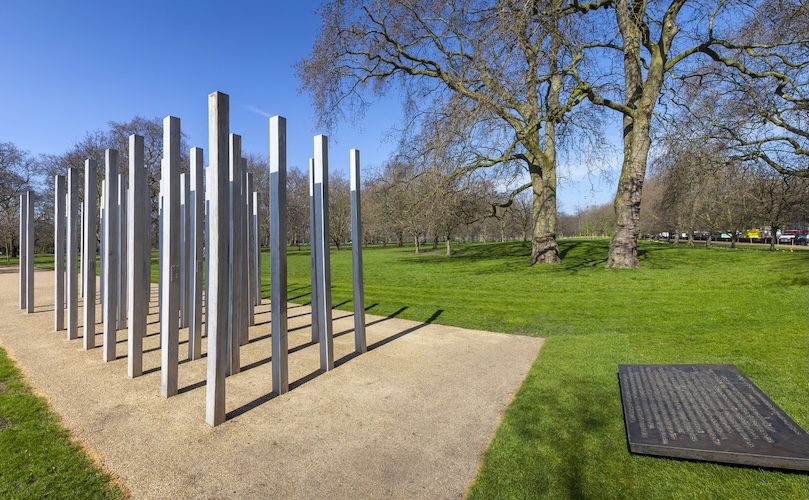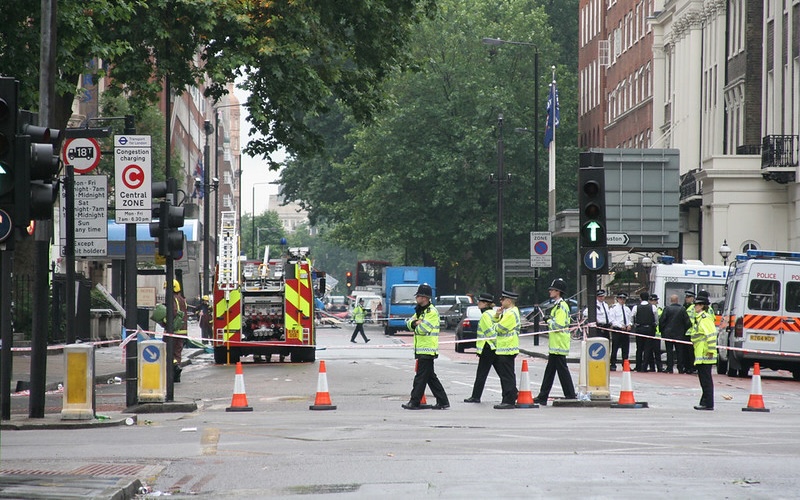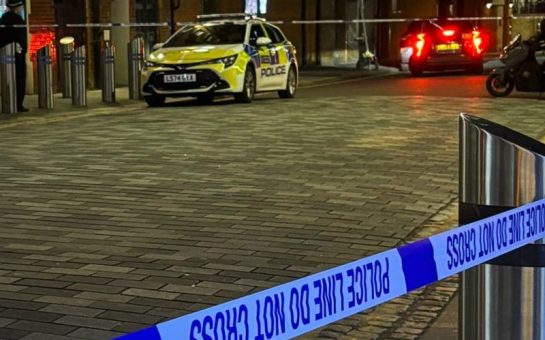A commemoration service is set to take place in Cathedral Square today to mark the 20th anniversary of the 7/7 bombings.
Survivors and families of victims will gather to reflect on the deadliest terror attack on British soil which saw 52 deaths and hundreds of people injured.
Among those attending is Dan Biddle, who lost both legs in the Edgware Road explosion.
He was initially forgotten by the event’s organisers, but this did not surprise the 46-year-old, who believes the attacks have been overlooked aside from the tenth anniversary service in 2015 and the unveiling of a permanent memorial in Hyde Park.
He says: “I have always felt the government has some kind of agenda to not really commemorate 7/7.
“One of the things that has always been a bugbear to me, and to a lot of other people, is we wanted a public enquiry into the events leading up to 7/7 bombings to find out what information the authorities had about the four individuals.”
Biddle was on his way to work when he missed his stop at Edgware Road station and was sat six feet away from one of the suicide bombers.

Twenty years later, the trauma remains fresh.
He said: “We looked at each other before he blew himself up, and the terrifying thing is, he was so calm, he didn’t hesitate.
“The enormity of what happened and the devastation it caused to me and others, isn’t something that goes away. It is always there.
“I often describe the 7/7 bombings as a horror movie on repeat in my head, but I can’t find the off button.
“It just keeps playing as raw and visceral as if it had happened 30 seconds ago.”
Now living in Wales, he hoped a change of surroundings might ease the burden, but the fear of being hurt again and the anxiety about being out in public are still present.
He says: “I live in that dark place, part of me is still in that tunnel and I will never leave it.
“I’m there all the time, people say time is a great healer but not for me.
“It has taught me to live with the consequences of the night terrors and the flashbacks and triggers.
“It doesn’t hurt any less now than it did when it happened.”

Writing his recently published memoir, Back from the Dead: The Untold Story of the 7/7 Bombings, offered some measure of catharsis.
Biddle said: “I just felt now would be the right time, not only to emphasise just how devastating the 7/7 event was, but also to remind people of it.
“I wanted to explain what it is like to survive that.”
Although grateful to be alive, Biddle says it comes at a cost.
He said: “People don’t take into account the huge price that I pay every day for still being alive.
“Sometimes when my mental health is really bad and depression kicks in, I live in a world where life can seem worse than death.”
Also present at today’s service is Gill Hicks.
On 7 July 2005, she was on her way to work when another bomb detonated in her tube carriage, between King’s Cross and Russell Square.
The Australian, the last living victim to be rescued, had both her legs amputated below the knee.
She said: “Twenty years is a milestone.
“But for someone like me, time doesn’t actually make much difference because of the severity of the injuries.”
Because she feels privileged to still be alive, she has decided to be a symbol to ensure the lessons learnt from the atrocity are never forgotten, especially for the generation with no direct memory of 7/7.
The 57-year-old said: “In the aftermath of the bomb, I vowed to do everything I could to make a difference.
“I will use my life as wisely and honourably as possible.”

To mark the anniversary, Hicks will perform, Still Alive (and Kicking), a jazz show celebrating resilience and life after trauma, at the Wilton’s Music Hall on 9 July.
She says: “This show is a love letter to everybody who gave their all and a celebration of being alive.
“Sometimes, when we are going about our daily lives, we forget just how extraordinary we are.
“I would love to remind people to embrace that, without having to experience the horror that I have.”
Others who served that day also reflect on the legacy of 7/7.
Ross Davenport was a junior doctor at the Royal London Hospital, less than a mile from Aldgate station, where one of the bombs exploded.
He said: “It is a day I’ll never forget.
“It is not a day I’m traumatised by, I have been involved in lots of other major instances since then.
“It is a seminal day for me because I learned a lot about what the NHS was able to do and the selflessness of people who dropped everything to come and help.”
The hospital treated around 200 patients that day.
Davenport recalls two in particular with devastating injuries, amputations and severe burns.
Meanwhile, 200 miles away, Detective John Parkinson of West Yorkshire Police had no idea he would soon be helping lead the investigation into the four suicide bombers.
Now a professor of counter-terrorism, he believes it is important to remember what happened as this attack was the first of its kind and as the capital could still be a target.
Parkinson said: “We all know that threats can be spontaneous and occur at any time.
“In 2005, there was a desire to carry out a certain kind of attack, but this changed as we saw in 2017.
“Nevertheless, the threat still exists.”
Parkinson emphasises the most enduring legacy of 7/7 is the transformation it triggered in intelligence and policing, enabling a much stronger integrated capability to protect citizens from terrorism.
Two decades on, the city continues to heal, not by forgetting, but by remembering with intention.
Also watch Attack on London: Hunting the 7/7 bombers on Netflix
Feature image: Flickr/Jez





